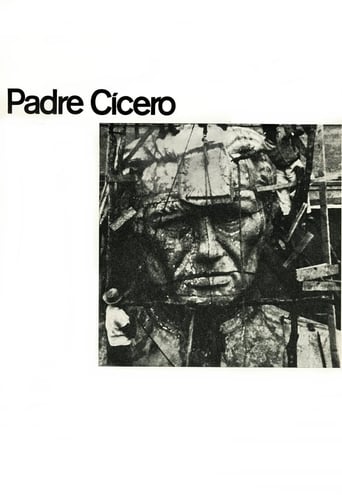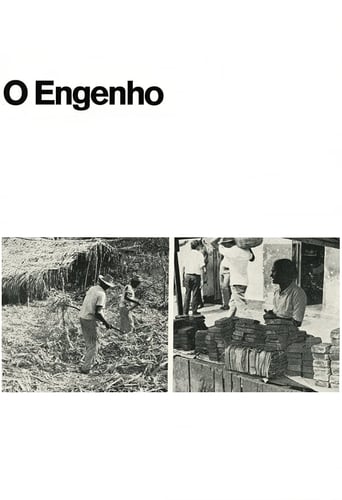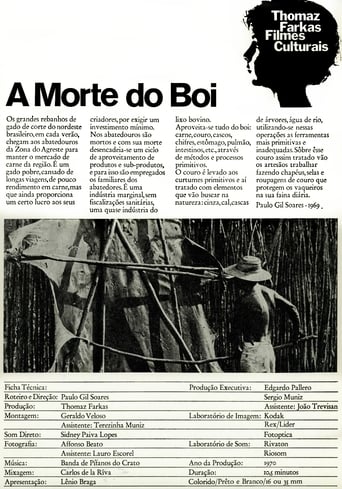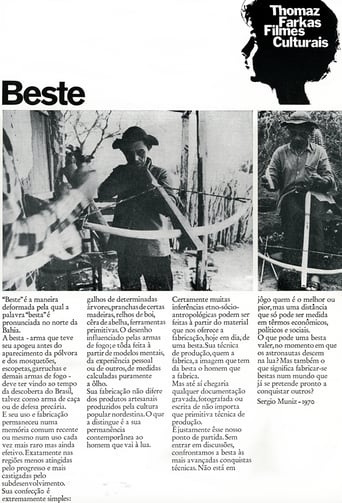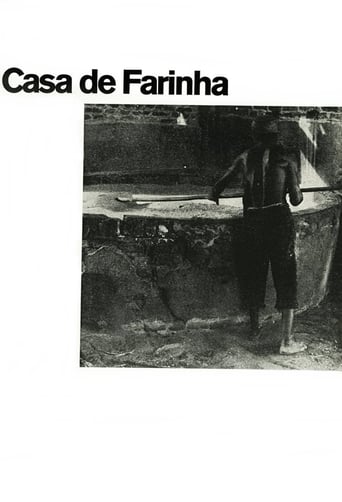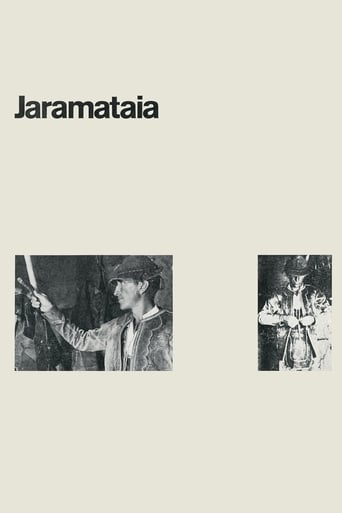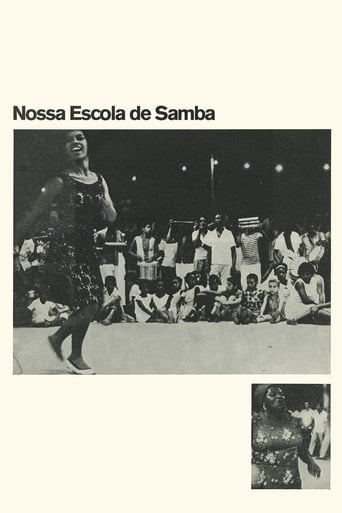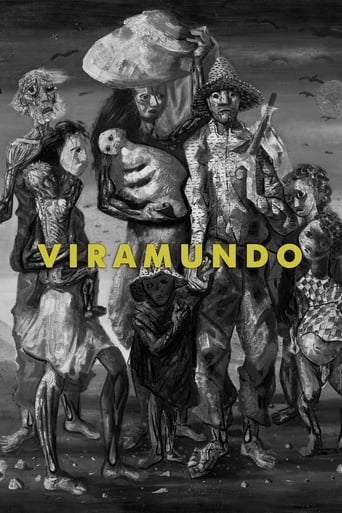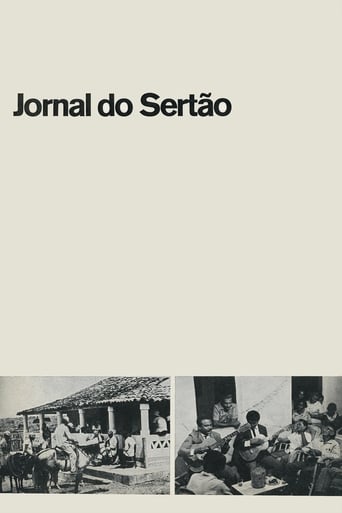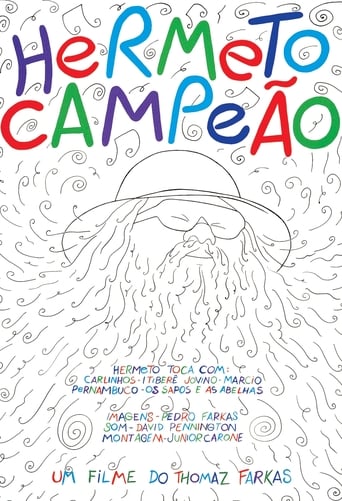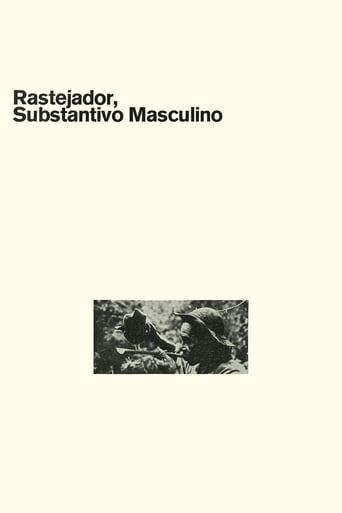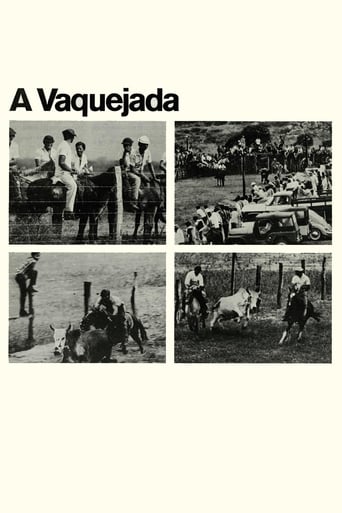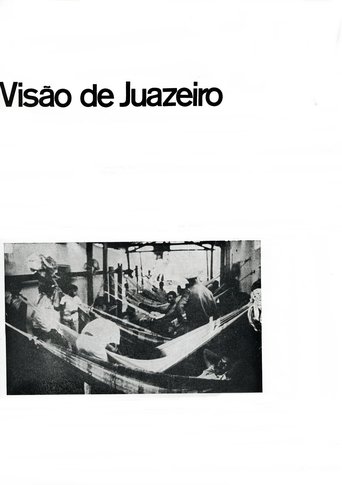Thomaz Farkas
O Engenho 1970
The process of production of rapadura in the Brazilian state of Ceará.
A Morte do Boi 1970
Beste 1970
Deformed form by which the word "beast" (medieval weapon) is pronounced in the north of the Brazilian state of Bahia and was still present in the cultural memory of the region.
Casa de Farinha 1970
Documentation of the production of cassava flour, a basic component in northeastern Brazilian food.
Jaramataia 1970
Life on the Jaramataia farm in the interior of Paraíba and the relations between the cowboys and the owners of the land.
Nossa Escola de Samba 1965
A year in the life of a samba school, from the first rehearsals to the parade on the avenue.
Na Boca da Noite 1971
After years lost in a ingrate job, Hugo decides to take a drastic measure: to compensate for the time he lost, he will rob the bank in which he worked all his life. Everything goes well in the execution of the plan, but the appearance of the firm's cleaner can put everything to waste.
Viramundo 1965
Viramundo shows the saga of the northeastern migrants that arrive in São Paulo, beginning with a train arriving and ending with a train leaving São Paulo in a cycle repeated every day. Viramundo's aim was to question why the military coup d'état in Brazil happened without any popular resistance or revolution or reaction of the society.
O Homem de Couro 1970
Jornal do Sertão 1970
Hermeto, The Champ 1981
Photographs present Hermeto Paschoal in the middle of the instruments he plays in the studio in his house. The rehearsals where the sounds are discovered and improvisation sets the tone. Hermeto's testimonies on the self-taught construction of his theoretical knowledge about music and his political position on the market. The musicians who are part of his band talk about the joint process of creation and the admiration they feel for the multi-instrumentalist. The creation of Hermetus from the sounds of bees and next to the frods. The use of unusual objects made of iron and the use of the body itself to generate new sounds.
Ensaio 1975
The disorderly growth of large urban centers in the country and the discussion about the development and existence of cultural spaces. Based on the example of the Teatro de Ópera in Campinas, a building that managed to consolidate construction and space for the existence of a square, theater and architecture are discussed, pointing out the future coexistence between men and cities. Using models, the film presents a new urban concept of the square, as a point of bringing people together for an encounter with cultural things, combining gardens, concert halls, compilation rooms and libraries. A theatrical rehearsal, held in an unfinished theater in Campinas / SP, designed by the architect Fábio Penteado.
Rastejador, Substantivo Masculino 1970
Report of a crawler, who helped the steering wheels to find traces of the cangaceiros in the caatinga and their knowledge to survive in this environment.
A Vaquejada 1970
In the interior of Paraíba a tournament between cowboys who must demonstrate mastery in knocking an ox down by the tail while they ride.
Visão de Juazeiro 1970
In 1969, the city of Juazeiro do Norte inaugurated a large concrete statue to honor its most famous and beloved resident: Father Cicero Romão Batista. On that year's All Souls' Day, the pilgrimage and devotion, trade and politics around the figure of Father Cicero. Archive footage shows the city of Juazeiro and the figure of the priest in contact with the faithful.
